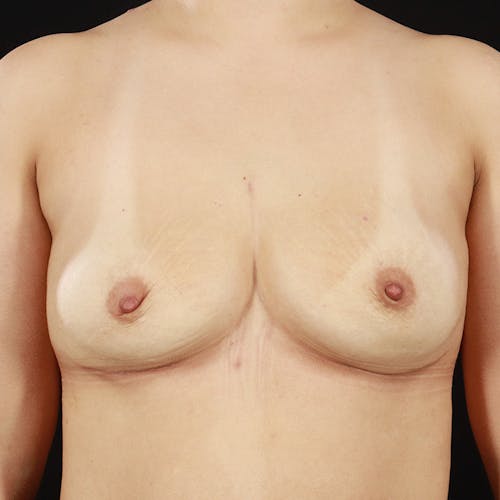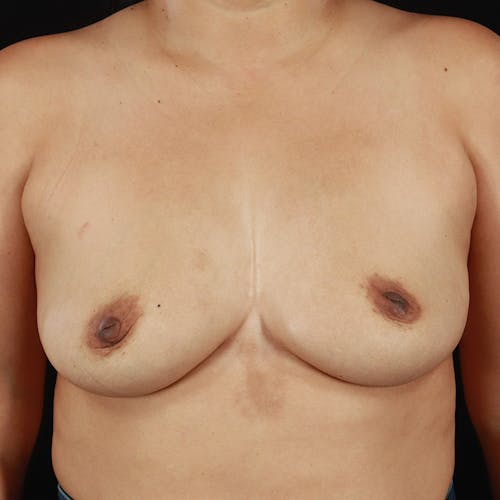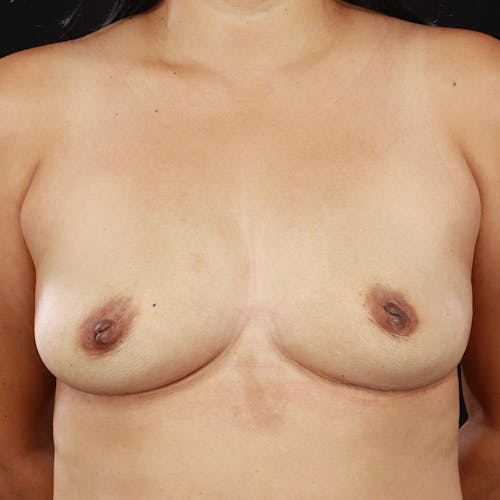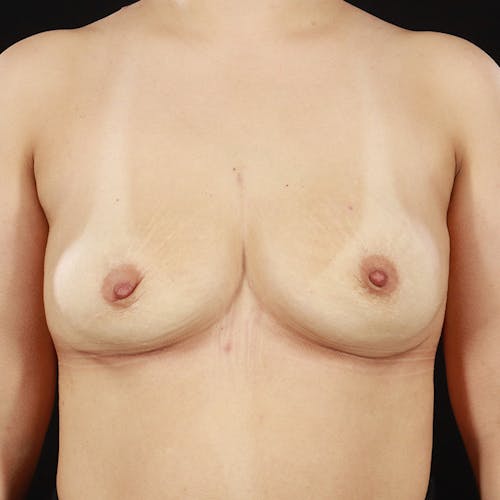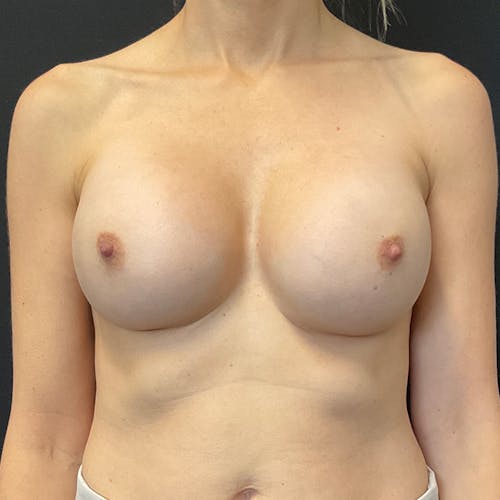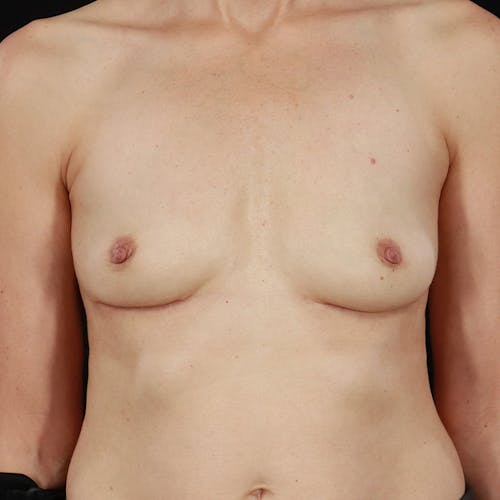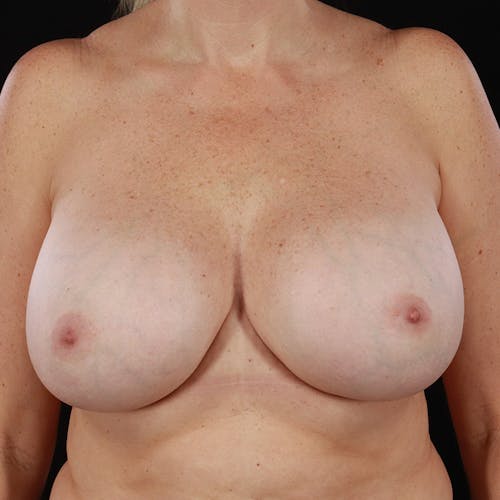Breast implant removal surgery (explant surgery) is defined as the removal of breast implants following a breast augmentation or breast reconstruction procedure.
Is Breast Implant Removal Right for Me?
Breast implant removal surgery or explant surgery will vary from patient to patient, depending on your reason for the procedure. You may be a good candidate for breast implant removal surgery if:
- You have been diagnosed with capsular contracture, or hardening of the breast implant
- You no longer want breast implants
- You desire a different size breast or breast implant
- One or both of your implants have ruptured and/or are leaking
- You feel weighed down from your breasts
- You are experiencing pain or other symptoms you feel may be related to your implants
If you believe you are a good candidate for breast implant removal in Tampa based on the qualifications outlined above, we suggest you schedule a consultation with Dr. Buchanan to discuss the possibility of implant removal surgery and the added benefits it could bring to your life.



